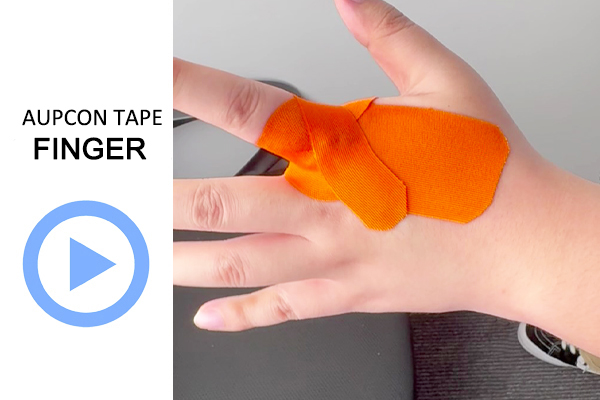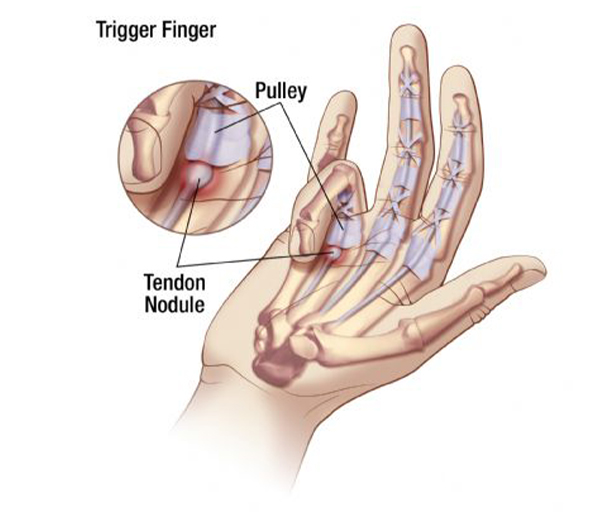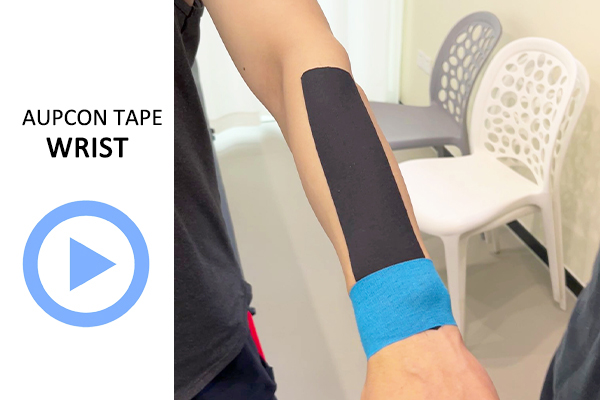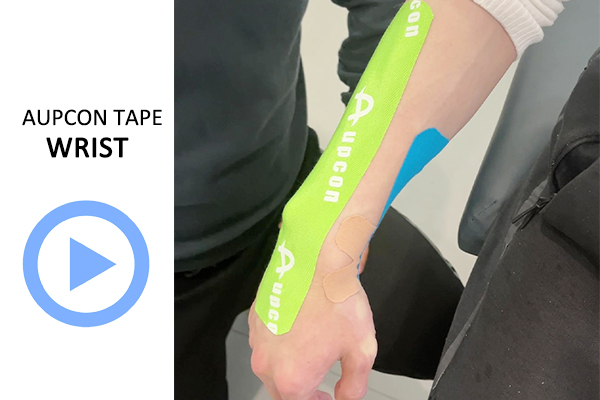How to use kinesiology tape for finger
Trigger Finger
Nowadays, many people can sit in front of a computer to work. If the fingers are moved too frequently, too long, or too hard, the tendons at the joints will constantly rub against the ligaments, causing inflammation and swelling, and the fingers will get stuck when bent. Physical factors may also increase the risk of a trigger finger. You can follow this article to learn how to use kinesiology tape for finger to prevent and relieve the symptoms of the trigger finger.
The thumb, middle finger, and ring finger have the highest incidence rate. The case used in this article is for the index finger, but the taping method applies to all fingers!
kinesiology tape Taping tips
- The tape should be applied one hour before daily work to achieve a preventive effect.
- Keep your finger area clean before applying tape.
- Avoid prolonged use and replace it within 3-7 days.
- For stable pasting, please round the edge of the tape to prevent it from falling off.
- After applying, please rub the tape several times to firmly stick to your finger.
- Do not apply to that area if you have an open wound on your finger.
How do you use Kinesiology tape for trigger finger?
Take a Y-shaped kinesiology tape for finger and fix it at the base of your index finger with the middle section.
Stretch 30% and fit the base of the Y-shaped tape to the back of your hand.
Then ,stretch the upper Y-shaped fork strip by 50%.
Wrap the tape around the inside of your finger to the base of your index finger.
Stretch the lower Y-shaped fork strip by 50%.
Use the same method to wrap around the base of your index finger from the opposite direction.
Finish taping and rubbing to ensure a secure fit.
What is a TRIGGER FINGER KINESIOLOGY TAPE?
Main functions of kinesiology tape for finger
1. Support and stabilize fingers
2. Relieve pressure and pain caused by overuse
3. Reduce inflammation and swelling of fingers
4. Promote blood circulation in fingers
Application of kinesiology tape for finger
Kinesiology tape for trigger fingers is widely used in arthritis, tendonitis, carpal tunnel, wrist sprain, etc.
Precautions of kinesiology tape for finger
If your fingers are allergic, please stop using them!
Cotton kinesiology tape
for trigger finger
→
Frequently Asked Questions
The trigger finger is a stenosing tenosynovitis of the flexor tendons of the fingers, with the highest incidence in the thumb, middle finger, and ring finger. When our fingers are overused, the tendons become inflamed and swollen, and the fingers become stuck after bending. The stuck posture is like pulling a trigger, so which we call the trigger finger.
Pain – pain when flexing and extending the knuckles
Swelling – swelling of the fingers, which affects flexion and extension
Tight joints – stiffness and difficulty moving the fingers in the morning
Noise – clicking sound when moving the knuckles, similar to the vibration of a trigger.
Rest – Let your fingers rest appropriately to avoid overuse and inflammation, and the initial symptoms can be relieved.
Hot compress – Soak in hot water, apply hot compress, etc., to speed up blood circulation and help tendon recovery.
Massage – When finger tendonitis causes the finger to get stuck, you can help the tendon stretch in the opposite direction of the tendon jam to relax the tense tendon.
Tape for trigger finger – Physical therapy can be performed using tape, which has a good effect on prevention and recovery.
The advantage is that Aupcon brand tape has been sold for over ten years, so you can be assured of its brand awareness. The factory makes and ships freshly without any middlemen adding price increases, so it is more favorable, and the quality is guaranteed. You only need to click on the kinesiology tape for the trigger finger to get the most detailed price and information.
Other Body Parts
Learn how to use kinesiology tape with Aupcon to relieve the trigger finger and reduce the risk of injury at work. But there is more than one way to treat finger problems. If you are interested, you can click to collect and continue to pay attention to our subsequent tutorial on kinesiology tape for fingers.
For bulk orders please contact the kinesiology tape manufacturer.





